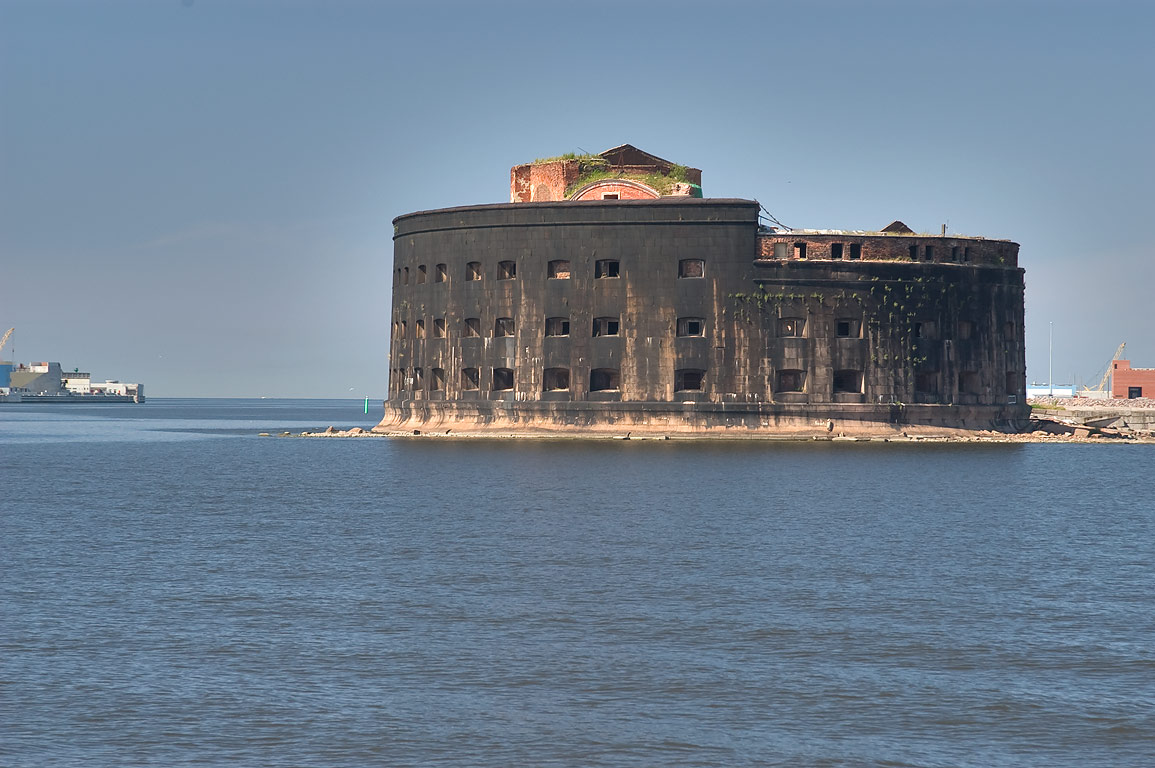

On March 2 a conference of sailor, soldier and worker organization delegates, after hearing speeches by Kuzmin and Vasiliev, President of the Kronstadt Executive Committee, arrested these two and amid incorrect rumors of immediate attack approved formation of a Provisional Revolutionary Committee. The general meeting passed a resolution including the 15 demands given above. On March 1, a general meeting of the garrison was held, attended also by Mikhail Kalinin and Commissar of the Soviet Baltic Fleet Nikolai Kuzmin who made speeches for the Government. We demand that handicraft production be authorised provided it does not utilise wage labour.We demand the institution of mobile workers' control groups.We demand that the Press give proper publicity to this resolution.We request that all military units and officer trainee groups associate themselves with this resolution.The granting to the peasants of freedom of action on their own soil, and of the right to own cattle, provided they look after them themselves and do not employ hired labour.If guards are required, they should be nominated, taking into account the views of the workers. The abolition of Party guards in factories and enterprises. The abolition of Party combat detachments in all military groups.The equalisation of rations for all workers, except those engaged in dangerous or unhealthy jobs.The immediate abolition of the militia detachments set up between towns and countryside.In the place of the political sections various cultural groups should be set up, deriving resources from the State. No political party should have privileges for the propagation of its ideas, or receive State subsidies to this end. The abolition of all political sections in the armed forces.The election of a commission to look into the dossiers of all those detained in prisons and concentration camps.The liberation of all political prisoners of the Socialist parties, and of all imprisoned workers and peasants, soldiers and sailors belonging to working class and peasant organisations.The organisation, at the latest on 10 March 1921, of a Conference of non-Party workers, soldiers and sailors of Petrograd, Kronstadt and the Petrograd District.The right of assembly, and freedom for trade union and peasant organisations.Freedom of speech and of the press for workers and peasants, for the Anarchists, and for the Left Socialist parties.

#Hue and cry over kronstadt free#
The new elections should be held by secret ballot, and should be preceded by free electoral propaganda. The present Soviets no longer express the wishes of the workers and peasants. Immediate new elections to the Soviets.On February 28, in response to the delegates' report of heavy-handed Bolshevik repression of strikes in Petrograd (claims which might have been inaccurate or exaggerated ), the crews of the battleships Petropavlovsk and Sevastopol held an emergency meeting which approved a resolution raising fifteen demands: – On February 26, delegates from the Kronstadt sailors visited Petrograd to investigate the situation. A large proportion of the migrs were educated and skilled. Another million people had left Russia – with General Wrangel, through the Far East, or in numerous other ways – either to escape the ravages of the war or because they had supported one of the defeated sides. In the years following the October Revolution, epidemics, starvation, fighting, executions, and the general economic and social breakdown, worsened by the Allied military intervention and the civil war had taken many lives. The droughts of 19 and the frightful famine during the latter year added the final chapter to the disaster. 6 Louis Fischer's concept of "Kronstadt"Īt the end of the Civil War, Bolshevik Russia was exhausted and ruined.4 International reaction to the rebellion.The rebellion originated in Kronstadt, a naval fortress on Kotlin Island in the Gulf of Finland that served as the base of the Russian Baltic Fleet and as a guardpost for the approaches to Saint Petersburg, former Petrograd, 55 kilometres away. The Kronstadt rebellion was an unsuccessful uprising of Soviet sailors, soldiers and civilians led by Stepan Petrichenko against the government of the early Russian SFSR in March 1921 during a period of left-wing uprisings against the Bolsheviks. Second assault 527–1,412, a much higher number if we include the first assault. 1,000 killed in battle and 1,200 to 2,168 executed White Movement ("Court for the Defence of Kronstadt")Ĭ. Unsourced material may be challenged and removed. Please help improve this article by adding reliable references. This article needs additional citations for verification.


 0 kommentar(er)
0 kommentar(er)
